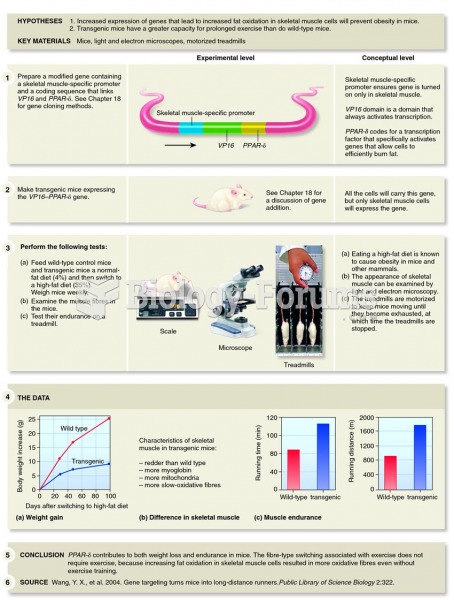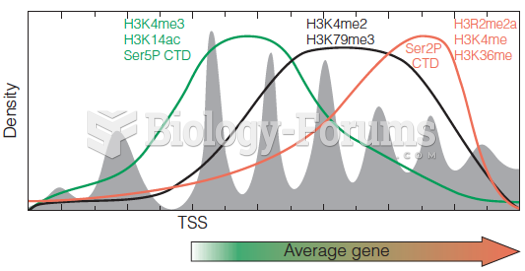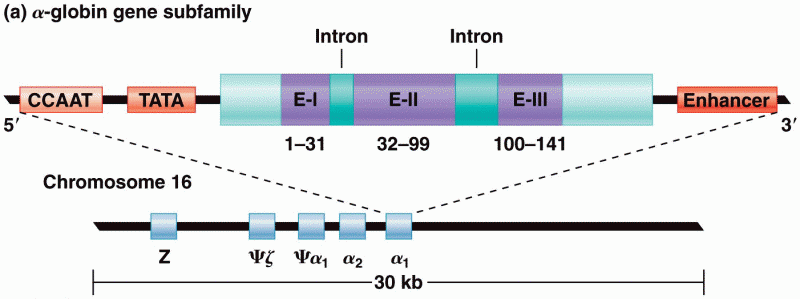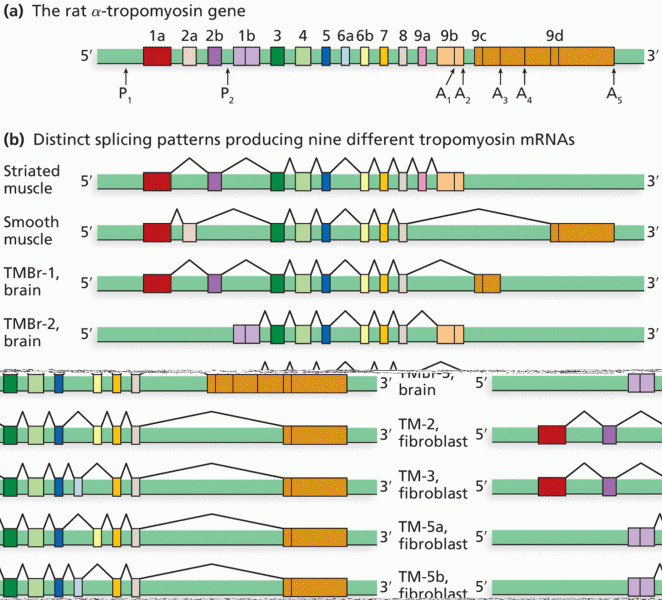|
|
|
Children of people with alcoholism are more inclined to drink alcohol or use hard drugs. In fact, they are 400 times more likely to use hard drugs than those who do not have a family history of alcohol addiction.
In the United States, there is a birth every 8 seconds, according to the U.S. Census Bureau's Population Clock.
Of the estimated 2 million heroin users in the United States, 600,000–800,000 are considered hardcore addicts. Heroin addiction is considered to be one of the hardest addictions to recover from.
On average, someone in the United States has a stroke about every 40 seconds. This is about 795,000 people per year.
According to the FDA, adverse drug events harmed or killed approximately 1,200,000 people in the United States in the year 2015.







